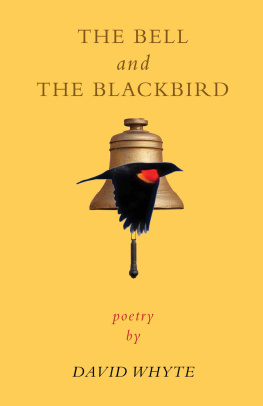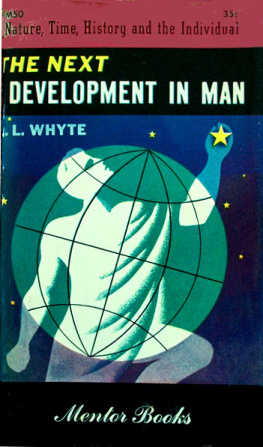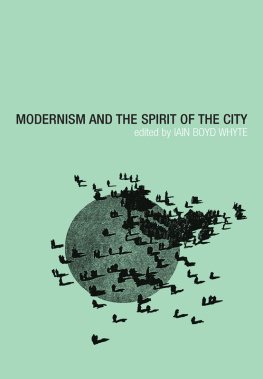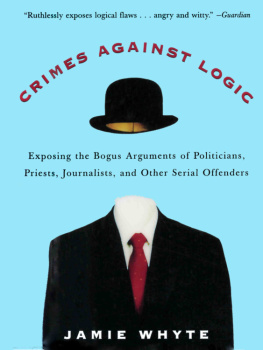All rights reserved. This book or parts thereof may not be produced in any form without permission.
A catalogue record for this book is available from the Library of Congress.
ALONE
is a word that stands by itself, carrying the austere, solitary beauty of its own meaning even as it is spoken to another. It is a word that can be felt at the same time as an invitation to depth and as an imminent threat, as in all alone, with its returned echo of abandonment. Alone is a word that rings with a strange finality, especially when contained in that haunting aggregate, left all alone, as if the state once experienced begins to define and engender its own inescapable world. The first step in spending time alone is to admit how afraid of it we are.
Being alone is a difficult discipline: a beautiful and difficult sense of being solitary is always the ground from which we step into a contemplative intimacy with the unknown, but the first portal of aloneness is often experienced as a gateway to alienation, grief and abandonment. To find ourselves alone or to be left alone is an ever present, fearful and abiding human potentiality of which we are often unconsciously, and deeply afraid.
To be alone for any length of time is to shed an outer skin. The body is inhabited in a different way when we are alone than when we are with others. Alone, we live in our bodies as a question rather than a statement.
The permeability of being alone asks us to re-imagine ourselves, to become impatient with ourselves, to tire of the same old story and then slowly hour by hour, to start to tell the story in a different way as other parallel ears, ones we were previously unaware of, begin to listen to us more carefully in the silence. For a solitary life to flourish, even if it is only for a few precious hours, aloneness asks us to make a friend of silence, and just as importantly, to inhabit that silence in our own particular way, to find our very own way into our own particular and even virtuoso way of being alone.
To inhabit silence in our aloneness is to stop telling the story altogether. To begin with, aloneness always leads to rawness and vulnerability, to a fearful simplicity, to not recognizing and to not knowing, to the wish to find any company other than that not knowing, unknown self, looking back at us in the silent mirror.
One of the elemental dynamics of self-compassion is to understand our deep reluctance to be left to ourselves.
Aloneness begins in puzzlement at our own reflection, transits through awkwardness and even ugliness at what we see, and culminates, one appointed hour or day, in a beautiful unlooked for surprise, at the new complexion beginning to form, the slow knitting together of an inner life, now exposed to air and light.
To be alone is not necessarily to be absent from the company of others, the radical step is to let ourselves alone, to cease the berating voice that is constantly trying to interpret and force the story from too small and too complicated a perspective. Even in company, a sense of imminent aloneness is a quality that can be cultivated. Aloneness does not need a desert, or a broad ocean, or a quiet mountain; human beings have the ability to feel the rawest most intimate forms of aloneness whilst living closely with others or beset by the busyness of the world: they can feel alone around a meeting table, in the happiest, most committed marriage, or aboard a crowded ship with a full compliment of crew.
The difficulty of being alone may be felt most keenly in the most intimate circumstances, in the darkness of the marriage bed: one centimeter and a thousand miles apart, or in the silence around a tiny crowded kitchen table. But to feel alone in the presence of others is also to understand the singularity of human existence whilst experiencing the deep physical current that binds us to others whether we want that binding or no: aloneness can measure togetherness even through a sense of distance.
At the beginning of the twenty-first century, to feel alone or want to be alone is deeply unfashionable: to admit to feeling alone is to reject and betray others, as if they are not good company, and do not have entertaining, interesting lives of their own to distract us, and to actually seek to be alone is a radical act; to want to be alone is to refuse a certain kind of conversational hospitality and to turn to another door, and another kind of welcome, not necessarily defined by human vocabulary.
It may be that time away from a work, an idea of ourselves, or a committed partner is the very essence of appreciation for the other, for the work and for the life of another, to be able to let them alone as we let ourselves alone, to live something that feels like a choice again, to find ourselves alone as a looked for achievement, not a state to which we have been condemned.
AMBITION
is a word that lacks any real ambition, ambition is frozen desire, the current of a vocational life immobilized and over-concretized to set, unforgiving goals. Ambition abstracts us from the underlying elemental nature of the creative conversation while providing us the cover of a target that has become false through over-description, overfamiliarity or too much understanding.
The ease of having an ambition is that it can be explained to others; the very disease of ambition is that it can be so easily explained to others. What is worthy of a life's dedication does not want to be known by us in ways that diminish its actual sense of presence. Everything true to itself has its own secret language and an internal intentionality with a secret surprising flow, even to the person who supposedly puts it all in motion. Ambition ultimately withers all secrets in its glare before those secrets have had time to come to life from within and then thwarts the generosity and maturity that ripens the discourse of a lifetime's dedication to a work.
We may direct the beam of ambition to illuminate a certain corner of the future world but ultimately it can reveal to us only those dreams with which we have already become familiar. Ambition left to itself, like a Rupert Murdoch, always becomes tedious, its only object the creation of larger and larger empires of control; but a true vocation calls us out beyond ourselves; breaks our heart in the process and then humbles, simplifies and enlightens us about the hidden, core nature of the work that enticed us in the first place. We find that all along, we had what we needed from the beginning and that in the end we have returned to its essence, an essence we could not understand until we had undertaken the journey.














 15
15